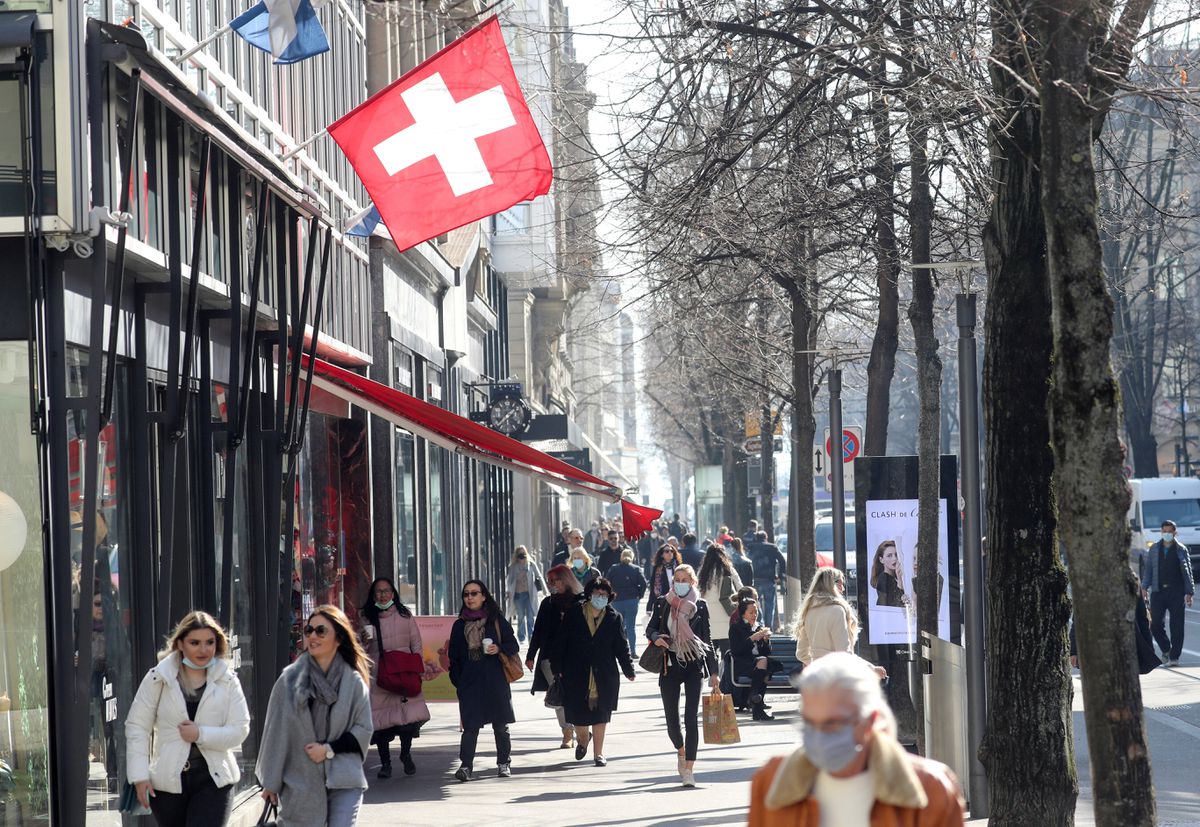
While the rest of Europe is dealing with rising prices, inflation in Switzerland is so low that certain essential costs are actually declining.
In February, the price of healthcare, which accounts for a significant portion of Swiss household budgets, fell by 0.5 percent year on year, while total inflation reached 2.2 percent. This was the greatest inflation rate since 2008, but it is still a fraction of the levels experienced by other industrialised countries.
Switzerland’s low price pressures are due to a mixture of variables, including consumer demand for better bargains, an energy mix that leaves the country less vulnerable to skyrocketing oil and gas costs, wage restraint, and some protection from import price inflation from the strong franc.
Certainly, the fact that the cost of living in Switzerland is already so high contributes to the low inflation rate.
“One of the characteristics of Switzerland is that we have high costs in almost everything when compared to our European neighbours,” said Nannette Hechler-Fayd’herbe, global head of economics and research at Credit Suisse.
Consumers in Switzerland have discovered several workarounds.
A cottage industry of ‘delivery address’ firms has sprung up an hour’s drive from Zurich, just across the border into Germany, charging Swiss customers a small fee to hold goods they order at bargain German prices and later collect.
“People come here because they can buy at a good price,” said Mandy Klein, a German entrepreneur who started her delivery address business from home in 2009 and now owns two depots in the gorgeous lakeside German border town of Constance.
The robust delivery commerce in Constance demonstrates Swiss homeowners’ determination to cut living costs wherever feasible. Nonetheless, Eurostat data show that the price level for household consumption expenditure in Switzerland in 2020 was 60% higher than the eurozone average.

Post Your Comments